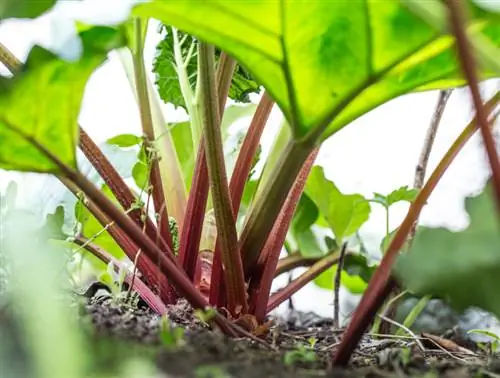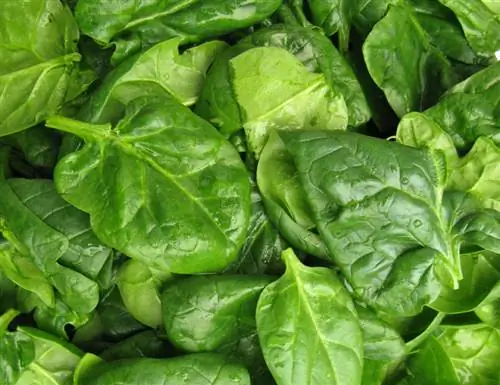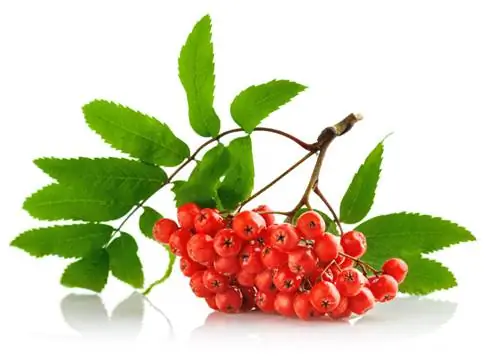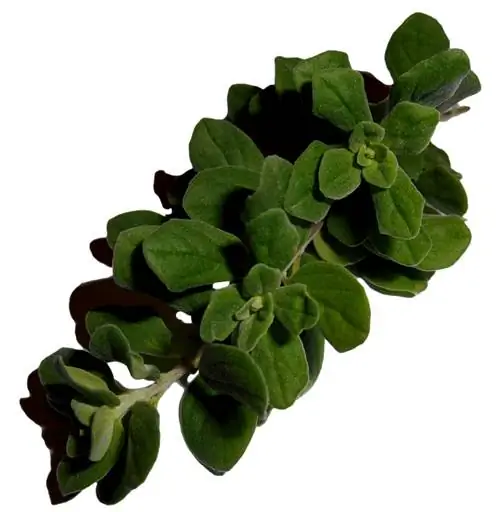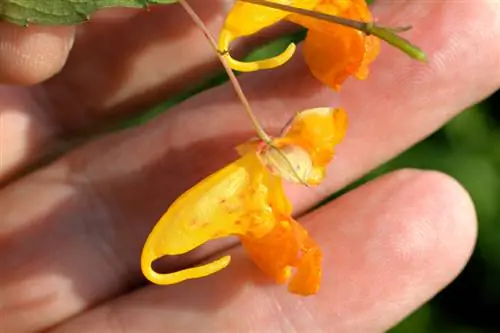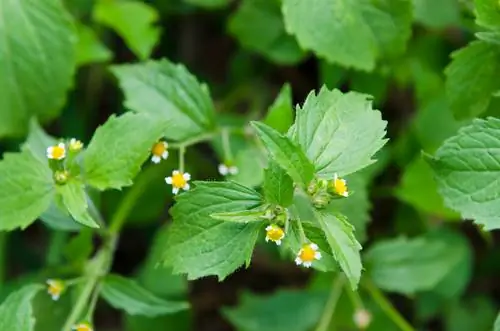- Author admin leonars@hobbygardeners.com.
- Public 2023-12-16 16:46.
- Last modified 2025-01-23 11:20.
There are around 1200 different knotweed species worldwide. In our home garden, some are grown as vegetable or ornamental plants, but none of them are poisonous.
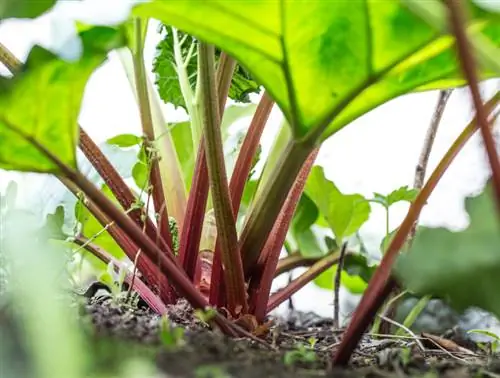
Are knotweed species poisonous?
None of the locally grown knotweed species is poisonous. However, edible knotweeds such as rhubarb, buckwheat, dock, meadow knotweed, and Japanese knotweed contain oxalic acid, so some people should be careful.
Many knotweed plants are edible
Rhubarb, buckwheat and dock are known to be edible and of high he alth value. But did you know that meadow knotweed (also known as snake knotweed), Japanese knotweed and the widespread flea knotweed (peach-leaf knotweed) are also edible? The Japanese knotweed is fought laboriously as a neophyte, but it is even considered a delicacy in its East Asian homeland.
Edible knotweeds
| Knotweed species | Latin name | Edible ingredients | Ingredients | Harvest time | Usage |
|---|---|---|---|---|---|
| Rhubarb | Rheum rhabarbarum | leaf stems | Vitamin C, potassium, iron, phosphorus | April to June | savoury and sweet dishes |
| Buckwheat | Fagopyrum | Peeled seeds | Lysine (protein), vitamins E, B1, B2, potassium, iron, calcium, magnesium | August to September | porridges, soups, flat cakes, as flour or side dish |
| Rhubarb (monk rhubarb) | Rumex | leaves | Vitamins A and C | depending on the species between April and July | Wild herb spinach, salad |
| Meadow knotweed | Polygonum bistorta | Young leaves, shoots, seeds | Vitamin C, starch | Leaves in spring, seeds in August and September | Wild herb spinach, lettuce, seeds such as buckwheat |
| Japanese knotweed | Fallopia japonica | Young shoots up to max. 20 cm | Resveratrol | Spring to Autumn | like rhubarb |
Caution: High levels of oxalic acid
As he althy as many of the knotweed plants are, they all also contain high levels of oxalic acid. For this reason, sensitive people as well as people with kidney problems, gout or osteoarthritis should avoid eating them or prepare the vegetables together with dairy products - the calcium they contain neutralizes the oxalic acid. Small children and pregnant women are strongly advised not to indulge.
Tips & Tricks
When collecting or harvesting, it is also important to pay close attention to the location of the plants, because knotweeds absorb a lot of heavy metals and toxins from the soil.

